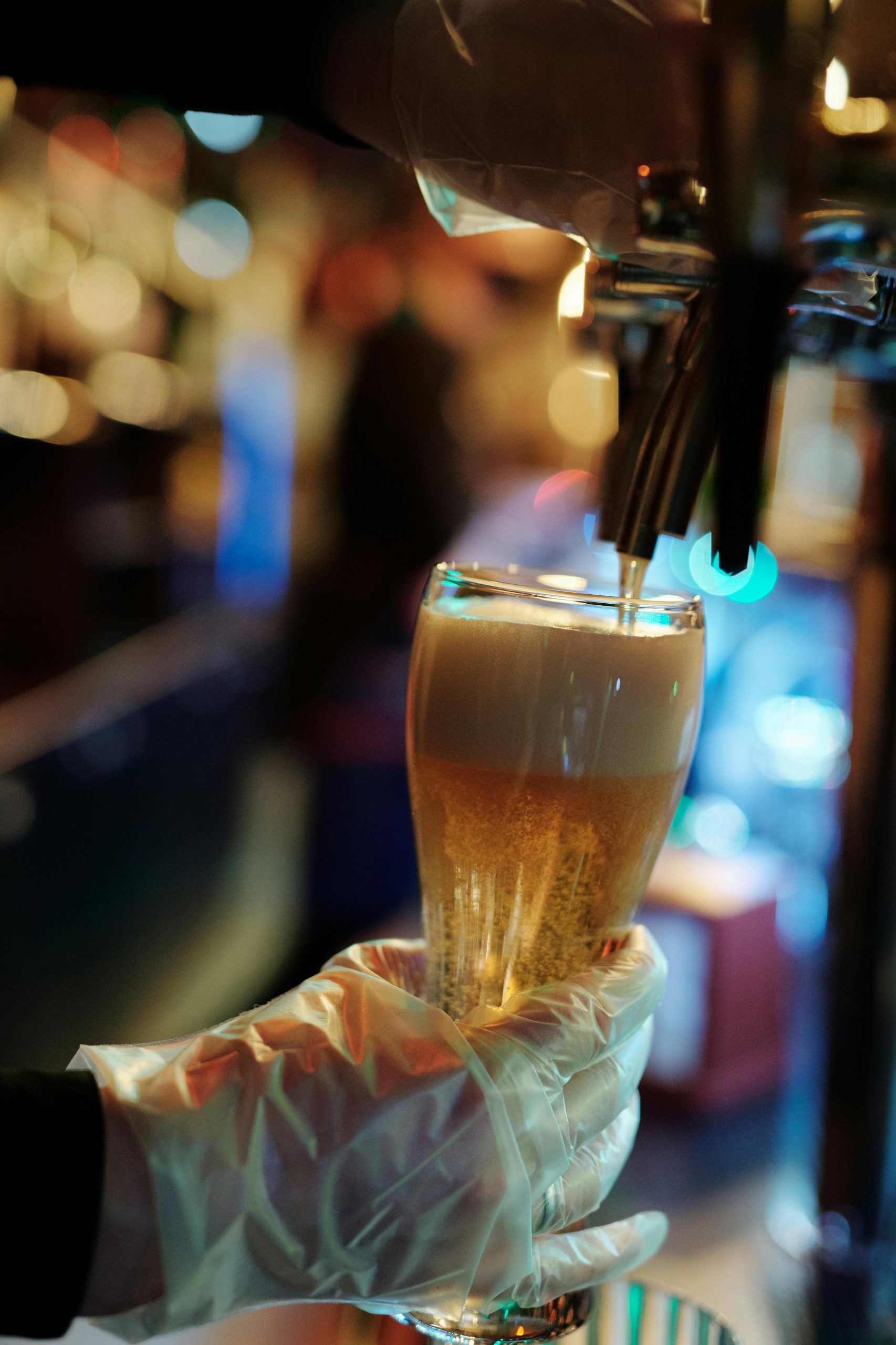Your cart is currently empty!

Steven Coulson
Steven has been drinking beers, wines and spirits for decades and has a propensity to go about them at length after a few drinks.
Latest Posts
- My wife found out our favorite Gin for martinis was discontinued. I think we are good for a while…

- Oregon Road Trip: Freeland Spirits Garden Botanicals Gin

- Botanist with Trader Joe’s Lemon and Elderflower Soda

- I’m one of the worlds leading buyers of craft gin in the world and a international spirit judge AMA

- I’m blown away…. By how let down I am by this Gin.

Categories
Tags
Social Links

Title: Exploring the Psychoactive Properties of Hops in Beer
In the world of beer enthusiasts, the conversation surrounding the characteristics of various brews often leads to fascinating insights. Recently, I delved into the intriguing notion that hops possess psychoactive qualities.
Previously, I shared my experiences with India Pale Ales (IPAs), particularly those with high International Bitterness Units (IBUs), which seem to resonate with me more than their traditionally hopped counterparts. The feedback I received was a mixed bag; some cheered my findings, while others hypothesized that the higher alcohol content might be the true driving factor behind the sensory experience.
To further investigate, I conducted a little experimentation of my own. I noticed that “Cold” IPAs, which contain fewer hops yet maintain a similar alcohol by volume (ABV) to many West Coast IPAs, don’t quite deliver the same thrill. On the other hand, Imperial IPAs, despite their lofty ABV, often come with an abundance of alcohol but a sparing use of hops – and once again, they failed to elicit that special sensation. In contrast, a well-crafted West Coast IPA with a modest ABV creates a delightful experience that I find truly rewarding.
The effects of hoppy beers seem to go beyond the mere warmth of an alcohol buzz. For me, this sensation is distinctly cerebral and invigorating, prompting the question: Could hops really have psychoactive properties under certain conditions? My thought is that the fermentation process may enhance the bioavailability of certain compounds in hops, allowing them to interact beneficially with alcohol. Perhaps the alcohol itself plays a role in facilitating these compounds to cross the blood-brain barrier.
It’s important to clarify that my experiences are not based on a sensitivity to hops. I don’t suffer from any adverse effects typically associated with such a condition, like itching or hives. Instead, I’m left with an exhilarating sense of euphoria.
The widespread use of hops in brewing raises another compelling question: why have they become a staple ingredient in beer? Historically, beer recipes varied significantly and did not always include hops. Yet, once their potential was discovered, there was global consensus on their place in brewing. There has to be a profound reason for this enduring tradition.
As we continue to explore the vast and wonderful world of craft beer, the conversation around hops and their potential psychoactive effects is certainly worth further investigation. Understanding how these botanical wonders interact with our bodies could lead to groundbreaking revelations about our
